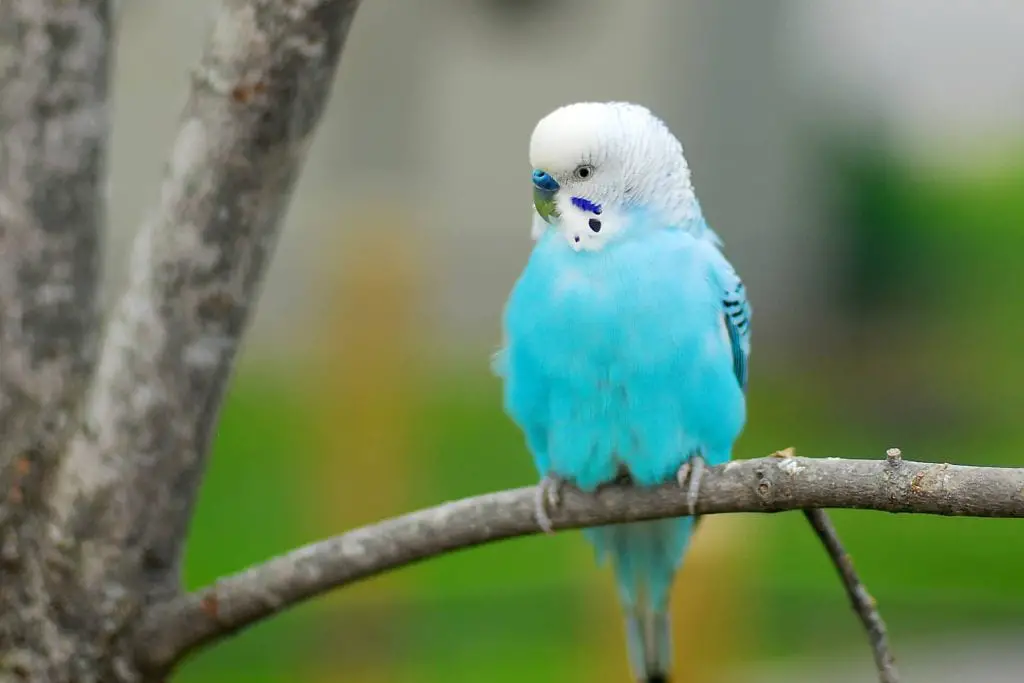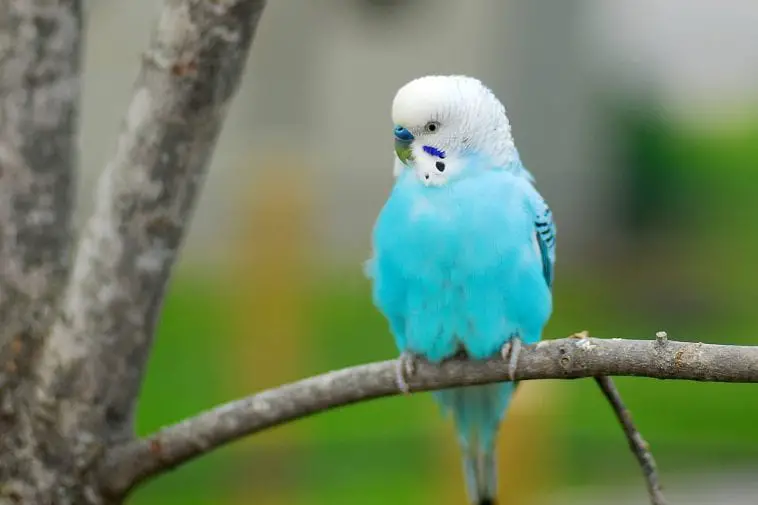Pet birds are undoubtedly some of the best household companions you can have around. However, that is only true if you know how to take care of them properly so that they can live to be happy and healthy birds throughout their entire lifespan. After all, birds have some of the most sensitive and weakest immune systems out of all domesticated or even exotic pets. They are quite susceptible to a lot of different conditions and can easily suffer from toxic or poisonous substances you would not even think are bad for birds.
That said, there are plenty of things that can actually be poisonous for pet birds. Anything that can poison them can easily harm their health and will probably even cause early death. As such, it is important for you as a pet bird owner to know how to tell if your bird has been poisoned so that you can immediately try to remedy the situation or seek the help of a medical professional.
Top Four Most Poisonous Substances for Birds and How to Tell If the Bird Has Been Poisoned
Knowing the most toxic substances for birds is essential to making sure that you keep them as safe away from such substances as possible.
· Lead

Lead poisoning has been one of the most common types of poisoning that birds suffer from because of how many cages have lead components in them. A lot of cages use paint with leads while there are also bird toys that also contain lead. As such, if your bird tries to beak its way out of its cage or whenever it plays with its toys, there is a good chance that it will suffer from lead poisoning.
You can tell if your bird is suffering from lead poisoning if it looks depressed all the time, even though you are feeding it with the right food or giving it the attention and playtime it needs. Weakness is also a common symptom of lead poisoning; your bird will feel lethargic and tired all the time. Soon after, your pet bird will begin to refuse food and treats and will also start to lose weight and even vomit any food you will give it. Seizures, diarrhea, and dehydration can also be symptoms of lead poisoning in your bird.
The one thing you should do if there are signs of lead poisoning is to remove the object that contains lead. If it is the cage, immediately buy a new cage that is lead-free. Make sure to take your pet bird to a veterinarian for the proper medical care and attention it needs to recover from lead poisoning. While this type of poisoning was common in the past, it has since dropped down in cases due to how owners are now better informed and are more likely to avoid any product that contains lead.
· Avocado

As delicious as avocado is, it actually is toxic for your birds and is one of the few fruits that most birds are not naturally built to be able to eat. In fact, avocado is so poisonous to your birds that it can cause immediate death when you feed it to them. The reason why it is toxic to birds is that it contains the compound persin, which birds are not able to eat because they are allergic to it. As such, make sure that you avoid feeding avocado to your birds. You might want to save the avocado for you and your friends to keep it away from your birds and your other pets.
If your bird is often agitated and is pulling apart its feathers, that is a sign that it might be suffering from avocado poisoning after eating food that contains avocado. Soon after, the allergy may cause food refusal, anorexia, and breathing problems. The bad part about this is that there are no immediate treatments that can help cure avocado poisoning. Your best bet is to take it to the vet so that it can receive supportive care that can help it survive the initial effects of the avocado poisoning so that its immune system will recover enough to the point that it will be up to it to fend off the poisoning. Most vets will treat the bird by increasing its fluid intake and by providing it with sedatives.
· Zinc

Similar to lead, zinc is also one of the more common types of metal that can poison your bird because of how a lot of cages also contain zinc. Wire cages or other galvanized products contain zinc. This can also include mesh and the nails used in the cage. Some toys made for pet birds also contain zinc. The reason why a lot of products contain zinc is that it is used to protect the alloy from rusting. So, if your bird often tries to beak its cage or whenever it plays with its toys, there is a good chance that it will ingest zinc and suffer from this poisonous substance.
The initial signs of zinc poisoning are very similar to that off the effects of lead poisoning. In that case, always monitor your bird and how it behaves as it might be suffering from either lead or zinc poisoning. It might be better for you to take it to the vet if you are unsure. Most vets would try to remove the zinc from the gastrointestinal tract of the bird to help it recover from this type of poisoning.
· Teflon

Teflon is often found on the surface of your cookware to make it nonstick. It can also be found in other products such as irons and heat lamp covers. While birds usually are not immediately close to anything that contains Teflon, the reason why there are some birds that suffer from Teflon poisoning is that Teflon produces gases that can be harmful to them when the product with the Teflon is heated to about 536 degrees Fahrenheit. Given that birds have very sensitive respiratory systems, the gas released can easily cause any sort of harm to their health.
Teflon poisoning has symptoms that are quite similar to other types of poisonings caused by gaseous substances. This includes immediate death caused by the failure of the respiratory system. If not, it can cause breathing problems, depression, anxiety, agitation, and problems in your bird’s coordination.
If you are cooking with anything with Teflon, make sure that you do so far away from your bird as the gas emitted from the Teflon-coated pan can very well reach your bird and cause respiratory problems. There is no antidote or cure to Teflon poisoning, but there are supportive treatments that help boost your bird’s immune system so that it can fight off the poisoning. For that matter, you should also avoid any sort of gaseous substance as they can also be just as toxic for your birds as Teflon. This includes aerosol sprays, scented candles, and cleaning products. The fumes coming from such products may not be harmful to humans, but birds are easy to suffer from respiratory complications the moment they inhale such gases. You should also avoid burning anything close to your birds as the CO2 emitted can be harmful to them as well.

